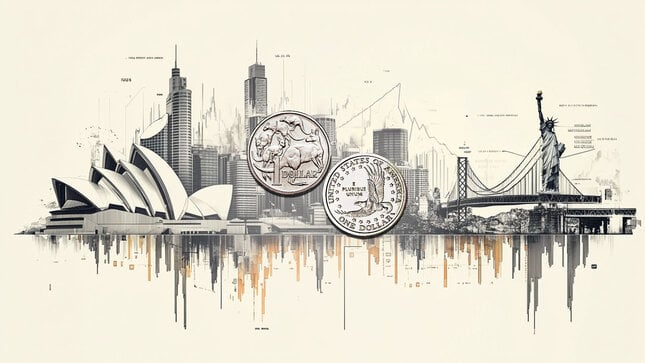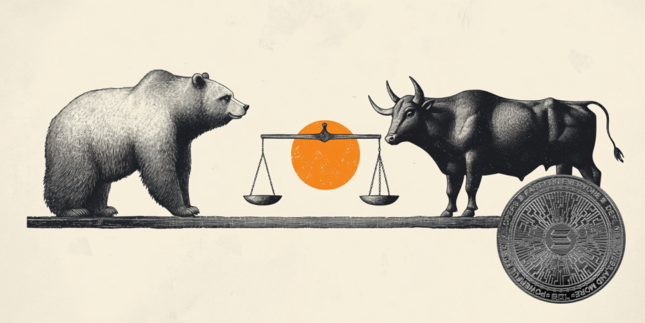Despite ridiculously high interest rates, Americans can’t seem to put their credit cards away.
That’s probably because their savings are gone. They have to make ends meet somehow.
After slowing for two straight months, consumer debt surged again in July, driven by an uptick in credit card spending and the biggest increase in non-revolving debt in months.
Total consumer debt rose by $25.5 billion, a 6 percent increase, according to the latest data released by the Federal Reserve.
Americans are now buried under a record $5.09 trillion in consumer debt.
The Federal Reserve consumer debt figures include credit card debt, student loans, and auto loans, but do not factor in mortgage debt. When you include mortgages, U.S. households are buried under a record level of debt. As of the end of the second quarter, total household debt stood at $17.8 trillion.
Non-revolving credit, primarily made up of credit card balances, surged by 9 percent ($10.6 billion) to $1.36 trillion.
The double whammy of rising debt and interest rates exacerbates the debt problem. Average credit card interest rates eclipsed the previous record high of 17.87 percent over a year ago. The average annual percentage rate (APR) currently stands at 20.78 percent, with some companies charging rates as high as 28 percent.
Americans are starting to struggle to pay those big balances. Roughly 9.1 percent of credit card balances have transitioned into delinquency in the last year and the pace is increasing.
Citigroup recently noted a shift in spending patterns that seems ominous. More consumers are using credit cards to pay for “basic needs,” with a notable slowdown in “non-vital” purchases.
In other words, people are using credit cards with 28 percent interest rates to pay for groceries.
That’s because they are likely tapped out. Savings rates have fallen to the second-lowest level during the post-quantitative easing era. The Personal Savings Rate cratered to 2.9 percent last month, down from 3.1 percent and the lowest since the Covid crash.
According to a recent survey, about 24 percent of consumers said their savings were completely depleted, and 80 percent have cut spending.
None of this bodes well for an economy that depends on consumer borrowing and spending to stay afloat.
There was a bit of good news if you think people borrowing money to buy things is an optimistic sign. For the first time in months, non-revolving debt, primarily reflecting outstanding auto loans, student loans, and loans for other big-ticket durable goods, spiked in July, rising by 4.8 percent. Non-revolving credit growth had been languishing in the 1 to 2 percent range for months. July’s increase in non-revolving debt was close to pre-COVID levels.
The jump in non-revolving debt could be due to student loans coming in for the upcoming school year.
Record levels of consumer debt coupled with a shift in credit card spending to basic needs reveals that American consumers are struggling to keep their heads above water.
The problem with an economy run on credit cards is they have this inconvenient thing called a limit.
Money Metals Exchange and its staff do not act as personal investment advisors for any specific individual. Nor do we advocate the purchase or sale of any regulated security listed on any exchange for any specific individual. Readers and customers should be aware that, although our track record is excellent, investment markets have inherent risks and there can be no guarantee of future profits. Likewise, our past performance does not assure the same future. You are responsible for your investment decisions, and they should be made in consultation with your own advisors. By purchasing through Money Metals, you understand our company not responsible for any losses caused by your investment decisions, nor do we have any claim to any market gains you may enjoy. This Website is provided “as is,” and Money Metals disclaims all warranties (express or implied) and any and all responsibility or liability for the accuracy, legality, reliability, or availability of any content on the Website.
Recommended Content
Editors’ Picks

AUD/USD: Upside appears capped at 0.6300 on Trump's tariff fallout
AUD/USD struggles to build on the previous day's rebound and remains below the 0.6300 mark early Wednesday, anticipating US President Trump's tariffs announcement later in the day. However, buyers continue to draw support from China's stimulus optimism and RBA's prudence on the policy outlook.

USD/JPY holds losses below 150.00 as traders await Trump's tariffs
USD/JPY stays defensive below 150.00 in Wednesday's Asian trading as traders turn cautious ahead of Trump's reciprocal tariffs announcement. A cautious market mood and BoJ Ueda's comments underpin the Japanese Yen, keeping the pair under pressure amid a subdued US Dollar.

Gold price holds comfortably above $3,100 amid trade jitters
Gold price attracts some dip-buyers following the previous day's retracement slide from the record high amid persistent safe-haven demand, bolstered by worries about a tariff-driven global economic slowdown. Furthermore, Fed rate cut expectations and the lack of USD buying interest offer additional support to the XAU/USD.

Solana traders risk $120 reversal as FTX begins $800M repayments on May 30
Solana’s price remained pinned below $130 on Tuesday, despite a broader market recovery. While Bitcoin, Ripple, and Cardano posted gains exceeding 3% over the past 24 hours, SOL lagged behind.

Is the US economy headed for a recession?
Leading economists say a recession is more likely than originally expected. With new tariffs set to be launched on April 2, investors and economists are growing more concerned about an economic slowdown or recession.

The Best brokers to trade EUR/USD
SPONSORED Discover the top brokers for trading EUR/USD in 2025. Our list features brokers with competitive spreads, fast execution, and powerful platforms. Whether you're a beginner or an expert, find the right partner to navigate the dynamic Forex market.